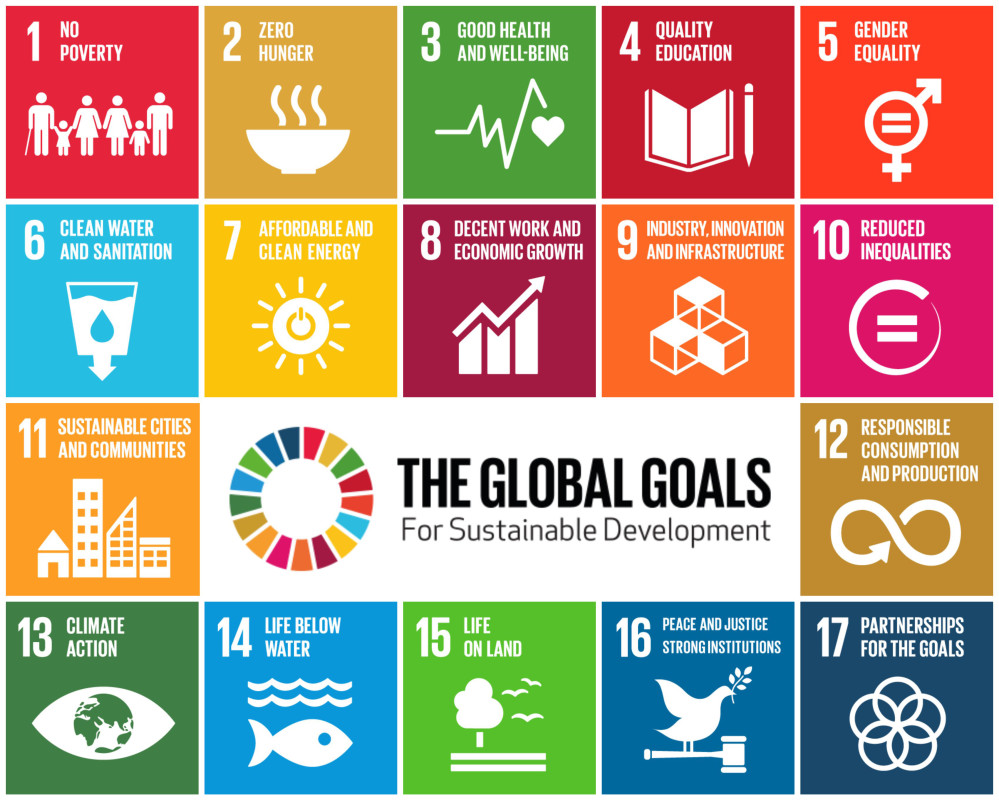A new report by the Ellen MacArthur Foundation and the United Nations Conference for Trade Development (UNCTAD) has found that adopting circular economic principles would put India on a path to positive regenerative and value-creating development with annual benefits of US $624 billion in 2050 compared with the current development — equivalent to 30% of India’s current GDP.

“Traditionally, the Indian economy has been one where reusing, re-purposing and recycling has been second nature. In a world that is increasingly running out of natural resources, this thinking is an asset that must be leveraged by businesses, policymakers and citizens in an organized manner and expanded to include other elements to make the economy truly circular,” says Shankar Venkateswaran, chief of Tata Sustainability Group.
As a result of unprecedented economic dynamism and a rapidly expanding population, India — which is slated to become the fourth-largest economy in the world if current economic growth trends continue — faces significant questions about urbanization, resource scarcity and high levels of poverty, and will be required to make profound choices regarding the path to future development.
The emerging powerhouse market could embark upon an industrialization path comparable to that of mature markets — albeit faster — complete with all of the associated negative externalities it entails. But this scenario is not inevitable. With its young population and emerging manufacturing sector, the country is well positioned to make systematic choices that would put it on a trajectory towards positive, regenerative and value-creating development.
Learn more >>




 With the introduction of the United Nation’s Sustainable Development Goals, we are faced with the challenge of implementing these goals into the way we live, impact communities and use business as a catalyst for change. Stuart Hart, one of the world’s leading experts of sustainable enterprise explains his framework for making these changes a reality. This interview has been edited for clarity. Highlights of our conversation are below.
With the introduction of the United Nation’s Sustainable Development Goals, we are faced with the challenge of implementing these goals into the way we live, impact communities and use business as a catalyst for change. Stuart Hart, one of the world’s leading experts of sustainable enterprise explains his framework for making these changes a reality. This interview has been edited for clarity. Highlights of our conversation are below.